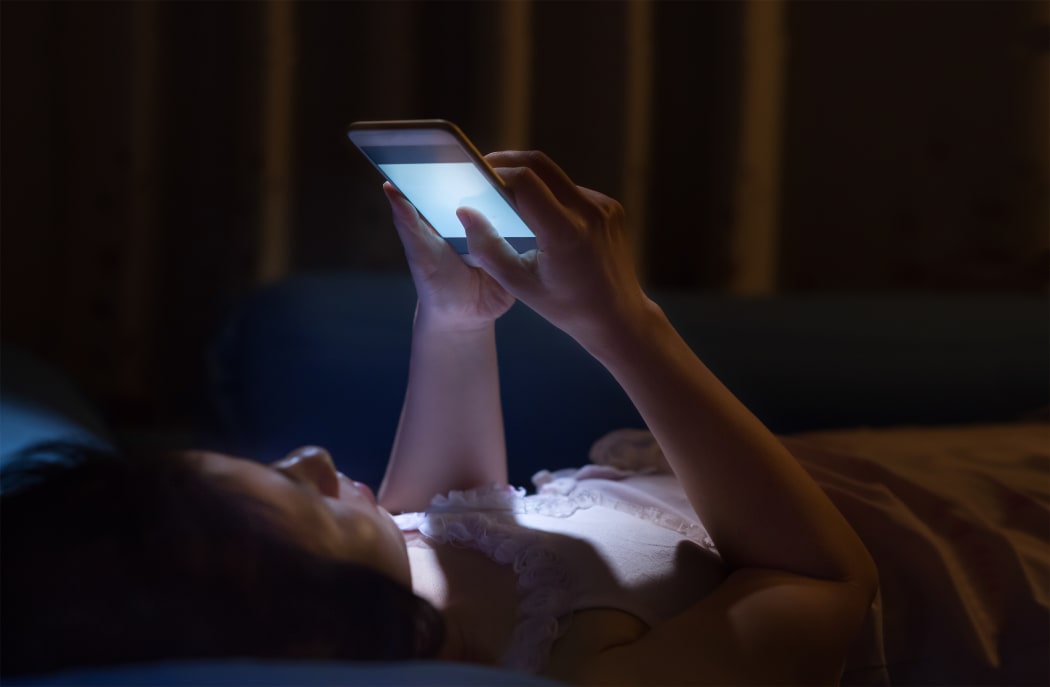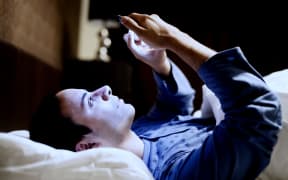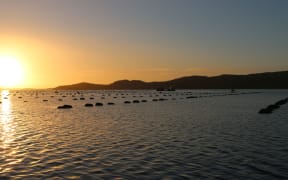Your phone light at night could be keeping you up and preventing your body's ability to heal itself.

Photo: 123RF
New research from the Royal Society Te Apārangi has found that increasing exposure to artificial blue light is a possible risk for people's health, for wildlife and for studying the night sky.
Blue light is part of daylight and peaks at the middle of the day whereas the orange glow at sunrise and sunset means there is less blue light.
Different types of artificial lights and screens, including smartphones and devices with screens, emit different amounts of blue light.
In 2002, scientists discovered a new type of cell in the human eye that sends signals to the part of the brain that is our body time keeper, telling us things such as when we feel sleepy or hungry.
Dr Lora Wu, from Massey University's Sleep/Wake Research Centre and a contributor to the report, said seeing too much blue light can confuse our bodies.
"If these cells perceive too much blue light at night, then our body gets the wrong message about what time of day it is," she said.
"This not only disrupts our sleep but can have a range of negative flow-on effects to our health, such as increased risk of obesity, depression and potentially some types of cancer.
"New evidence for health problems caused from disrupted sleep is emerging all the time."
Dr Wu said having a regular body clock is important to things like digestion and cell renewal.
"What we're saying is people need to be exposed to blue light during the day, particularly in the morning, to keep their internal body clock in sync with the actual light-dark cycle," she said.
Dr Wu suggested practical things for people to do to reduce exposure.
"Inside our homes we can replace bluer 'cooler' light bulbs to bulbs that emit more yellow 'warm' light and use dimmers," she said.
"We can also use software that reduces bright blue light from our digital screens at night or turn them off.
"It's also important to make sure your bedroom is dark while you sleep, so unplug any 'glowing' devices and use good quality curtains."
But it is not just humans who are affected by blue light.
The paper said plants and animals also have body clocks and exposure to artificial light can disrupt their body clocks and affect pollination, feeding behaviours and reproduction.
There is a push for more areas to become Dark Sky Places where there is limited artificial light.
Aoraki Mackenzie International Dark Sky Reserve was the first to be awarded certification in 2012.
Great Barrier Island followed suit last year and work is underway for Martinborough, Stewart Island, Waiheke Island and Naseby.




